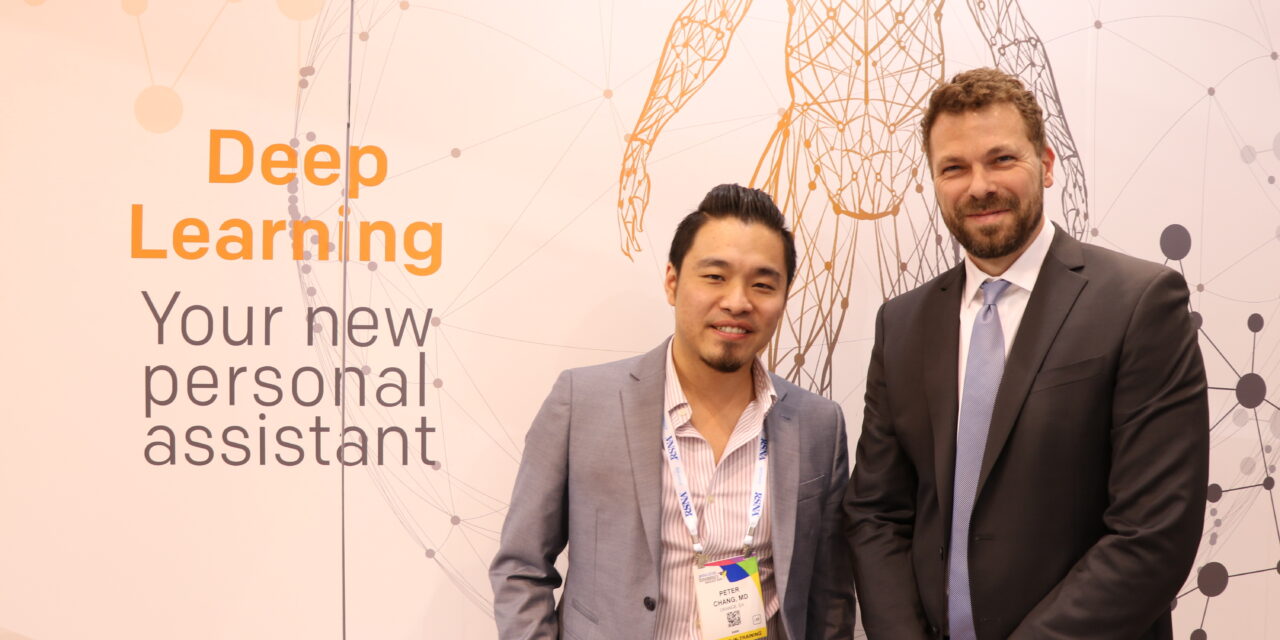The new platform integrates imaging AI tools into existing systems and supports GDPR- and HIPAA-compliant data handling.
Medical imaging artificial intelligence (AI) company Avicenna.AI announced the launch of AVI, a platform that delivers AI results into healthcare ecosystems. AVI is designed to provide healthcare organizations with access to imaging AI solutions, ensuring results are integrated into existing workflows.
AVI integrates directly with PACS and RIS without requiring additional viewers, worklists, or changes to clinical workflows, according to a release from the company. “Fast, automatic, and invisible, AVI is the platform that makes AI work the way it should—no extra training required, no changes to workflow, no new viewers and no additional clicks,” says Cyril Di Grandi, co-founder and CEO of Avicenna.AI, in a release. “We designed AVI to remove barriers to AI adoption, so radiologists, clinicians, and healthcare institutions can benefit from AI insights without disruption.”
AVI is designed to host any imaging AI application and will initially provide access to Avicenna’s CINA portfolio, including solutions for:
- Intracranial hemorrhage (CINA-ICH)
- Large vessel occlusion (CINA-LVO)
- Aortic dissection (CINA-AD)
- Pulmonary embolism (CINA-PE and CINA-iPE)
- Vertical compression fractures (CINA-VCF and CINA-VCF Quantix)
- Cervical spine fractures (CINA-CSpine)
- And ASPECT Score for quantification of stroke severity (CINA-ASPECTS).
AVI has been specifically developed for hospitals, healthcare networks, and teleradiology groups seeking to benefit from the power of imaging AI applications, according to a release from the company. The solution is designed to enable plug-and-play AI implementation with a minimal footprint and scales from single sites to large networks.
AVI supports GDPR- and HIPAA-compliant workflows. Data is de-identified before processing and re-identified upon return and features encryption, access controls, and auditable operations.
Photo caption: Co-founders Cyril Di Grandi, an entrepreneur who previously co-founded Olea Medical, and Dr Peter Chang, a radiologist and expert in AI and deep learning
Photo credit: Avicenna.AI





